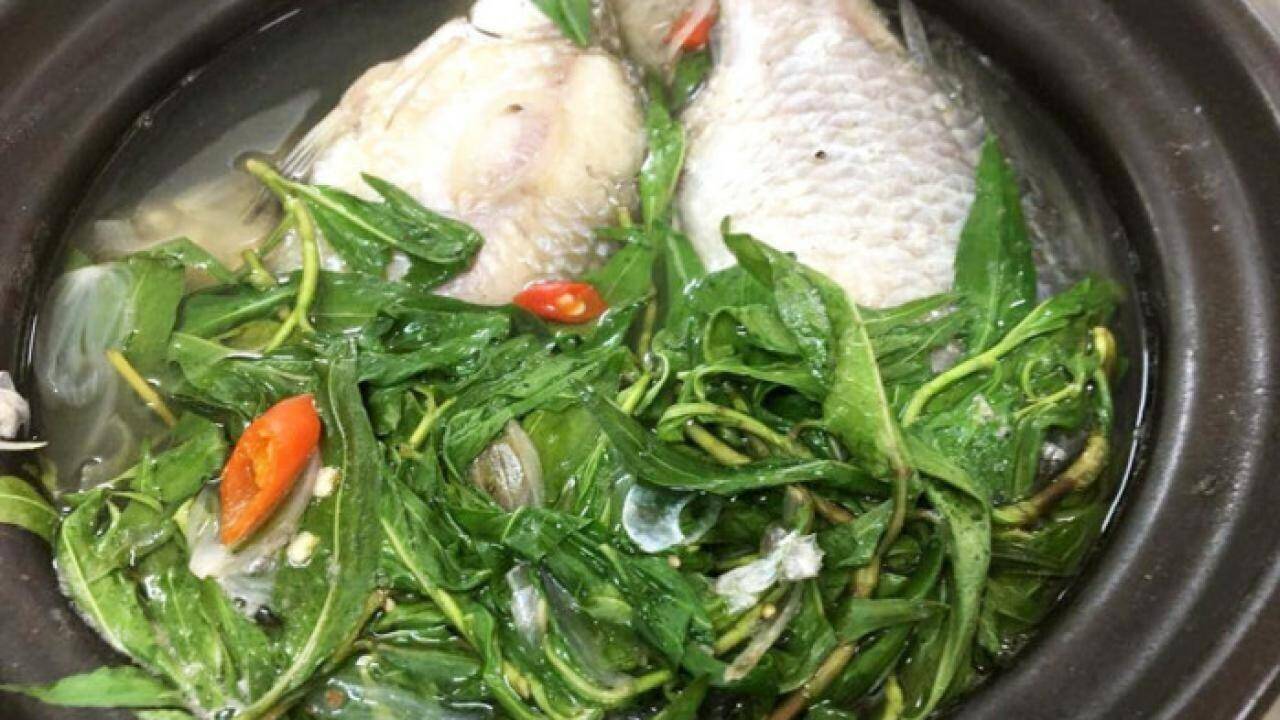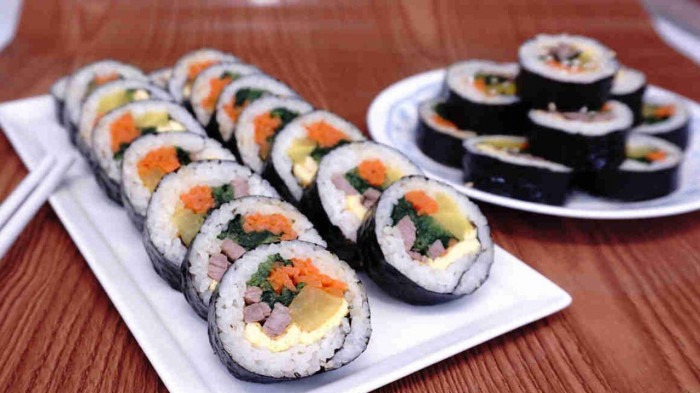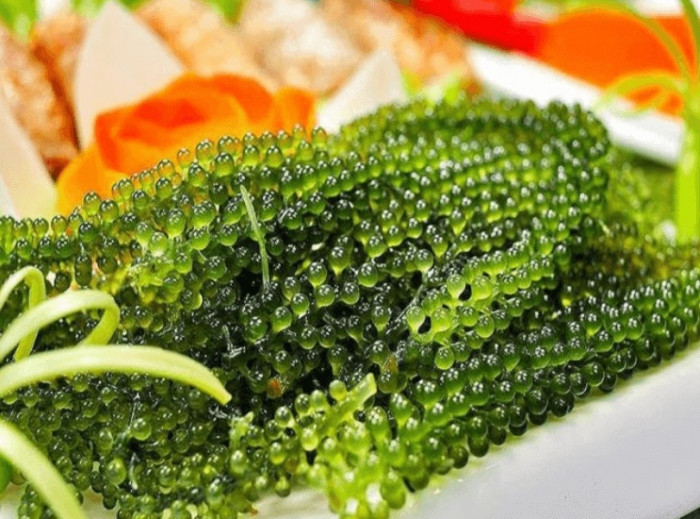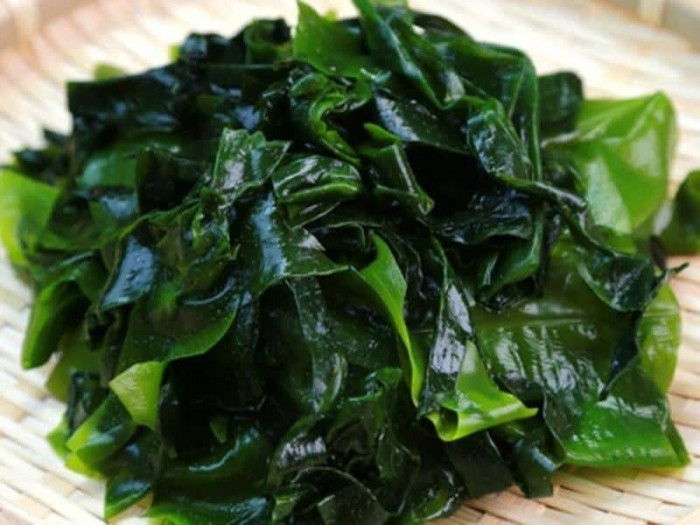Seaweed is a popular ingredient in dishes in Asian countries such as Japan, Korea and China. However, seaweed is no longer a strange dish in Vietnamese family meals, especially families with children.
Not only is seaweed a nutritious food that adds vitamins and minerals to your diet, regular consumption of seaweed can improve your health and protect you from certain diseases.
Regular use of seaweed will bring many good effects to health.
According to Rodriguez, seaweed contains about 7 times more calcium than milk. Typically, Wakame seaweed can provide up to 15% of the daily calcium value, which is essential for increasing bone and joint development and preventing osteoporosis. The calcium content in fresh seaweed is as high as 264mg / 100gr.
In addition, the magnesium content in seaweed is also very high, so it is also known as the "treasure of magnesium", every 100 grams of seaweed contains 105 mg of magnesium. This is a very important factor for the calcium absorption process, an extremely compatible "partner".
Lignans found in seaweed have excellent effects in protecting the body from dangerous cancers and preventing the growth of cancer cells.
In addition, seaweed is also a very good food for menopausal women, helping to prevent breast cancer effectively. Add seaweed to your daily menu to protect your health from dangerous cancers.
One of the little-known uses of seaweed is its effective anti-inflammatory effect on the body thanks to fucans. Diseases related to inflammation are very diverse and can seriously affect your health.
100g of fresh seaweed contains up to 264mg of calcium.
Notes when eating seaweed
Although seaweed is considered healthy, however, there are possible risks if you consume it in excess.
Seaweed is rich in iodine, so consuming it in excessive amounts can affect thyroid function and this can cause symptoms such as swelling or tightness around the neck or weight gain.
Besides, you should eat seaweed in moderation because seaweed has a cooling and cooling effect. If you eat too much, it can easily cause side effects such as stomach cold, even leading to diarrhea or poisoning.
You should eat seaweed regularly and consistently 2-3 times/week for the best health. Do not cook for too long because the seaweed will become mushy and the nutritional content will be greatly reduced.
Seaweed can be used in soups, omelettes, pancakes, stews...
Foods that should not be eaten with seaweed
Seaweed should not be eaten with other ingredients such as persimmons, tea, or pickled fruits. The reason is that when combined, it will create crystalline compounds that are difficult to dissolve, causing stomach and intestinal health problems.
Pig blood and licorice should also be avoided with seaweed because they are detrimental to absorption and digestion, leading to constipation.
In addition, alkaline foods such as egg yolks, cheese, sausages, beef, bread, wheat, etc. should not be prepared with seaweed.

Source


































































































Comment (0)